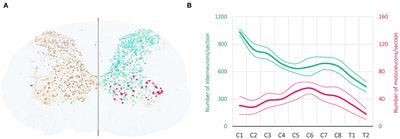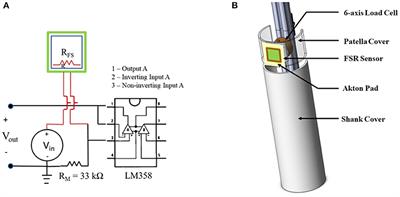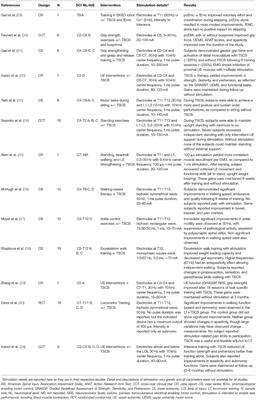EDITORIAL
Published on 27 Apr 2022
Editorial: Harnessing Neuroplasticity in the Injured Central Nervous System Using Spinal Neuromodulation
doi 10.3389/fresc.2022.841014
- 674 views
4,276
Total downloads
20k
Total views and downloads
EDITORIAL
Published on 27 Apr 2022
ORIGINAL RESEARCH
Published on 04 Jan 2022

REVIEW
Published on 07 Dec 2021

ORIGINAL RESEARCH
Published on 02 Dec 2021

MINI REVIEW
Published on 24 Sep 2021
